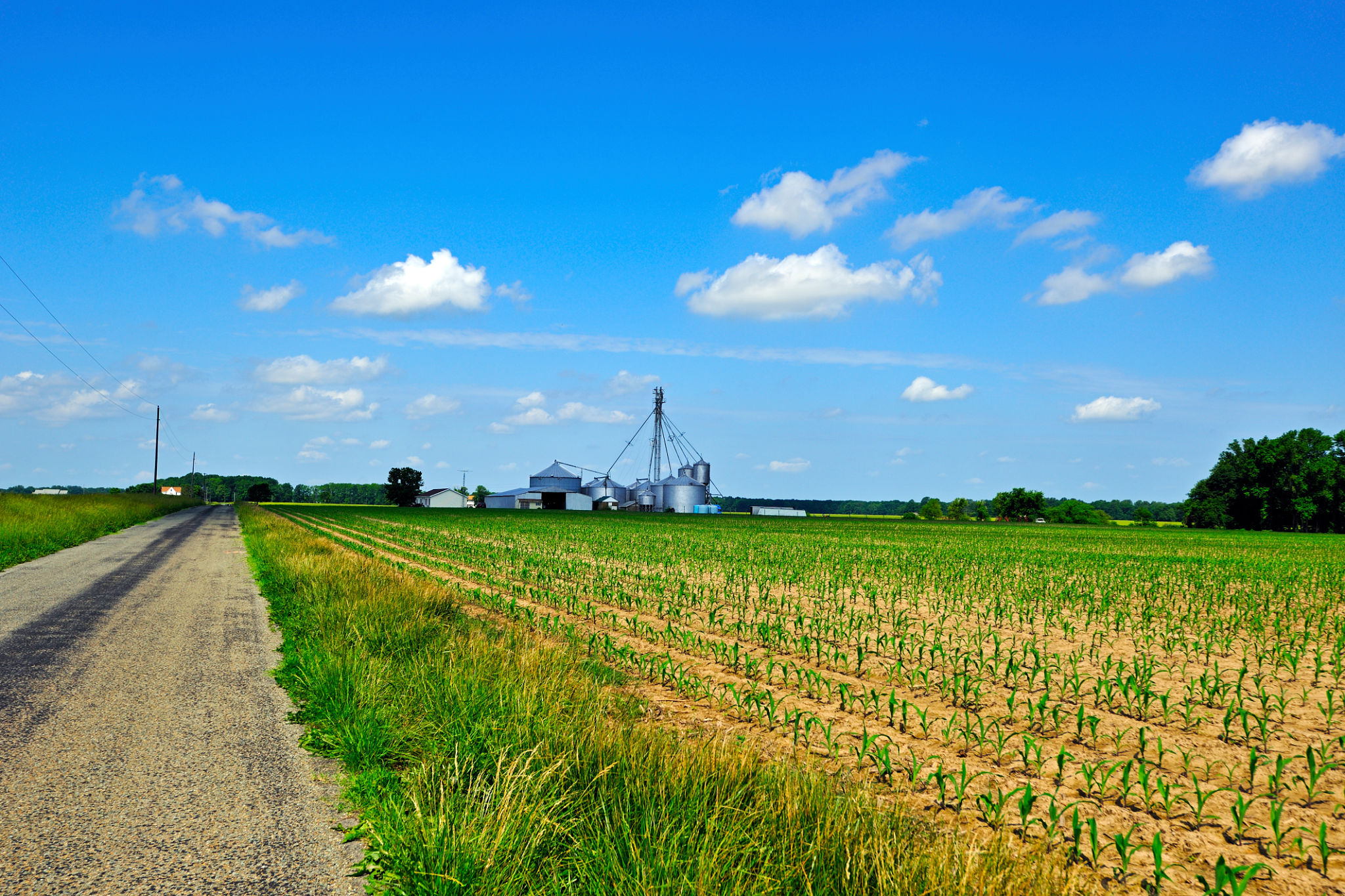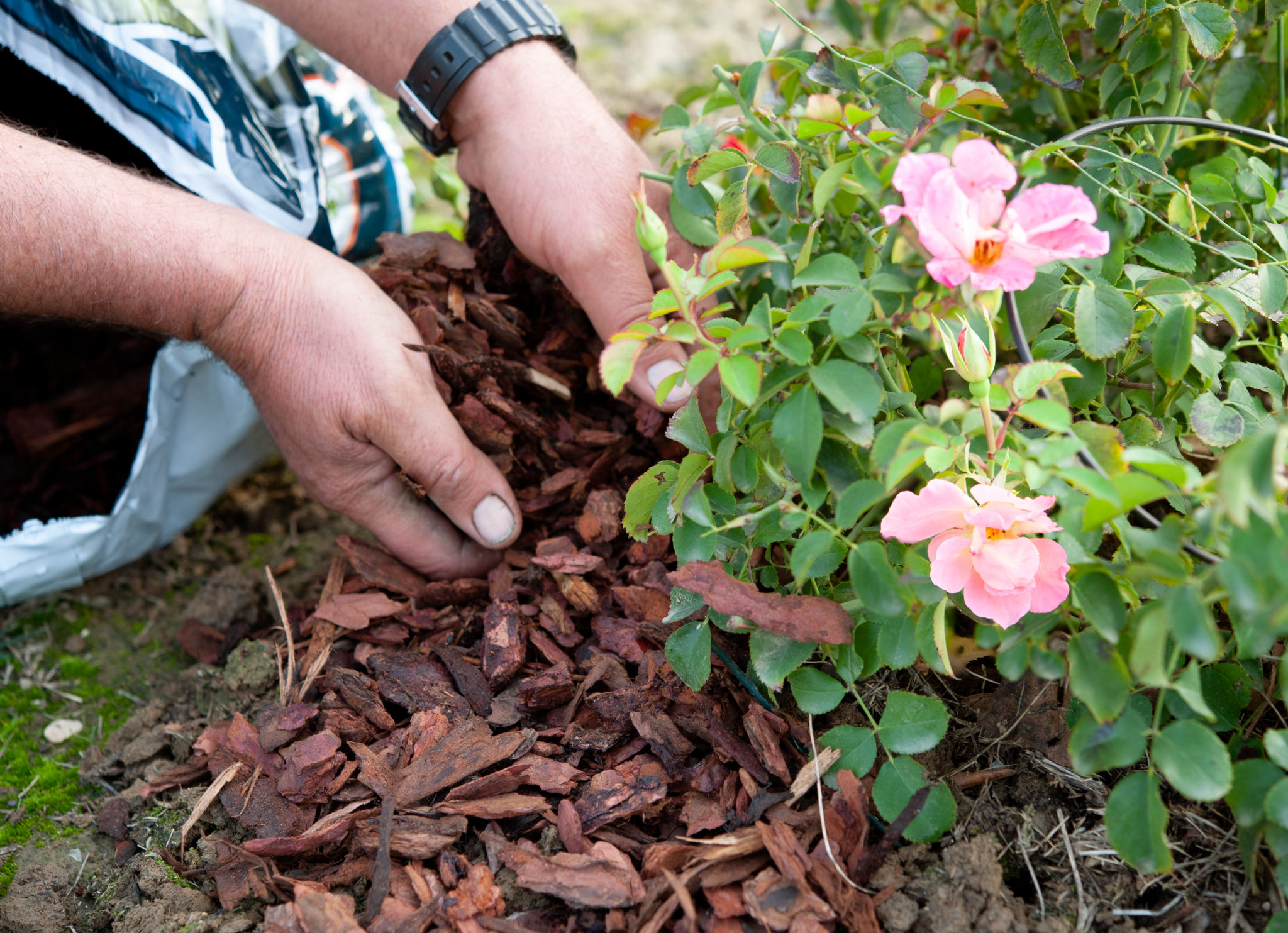Seasonal Water Management Tips for Agriculture in Delaware
Understanding Delaware's Climate
Delaware's climate presents unique challenges for water management in agriculture. With a mix of humid subtropical and continental influences, the state experiences hot summers and cold winters. Understanding these climate patterns is crucial for effective water management strategies. Farmers must adapt to seasonal variations to ensure sustainable crop production.
During the summer months, Delaware can face periods of drought, necessitating efficient irrigation techniques. Conversely, the winter brings the risk of flooding and waterlogged fields. Farmers must balance these extremes to maintain healthy crops and soil.

Efficient Irrigation Systems
Implementing efficient irrigation systems is vital for managing water resources in Delaware. Drip irrigation and sprinkler systems are popular choices among local farmers. These methods provide precise water delivery, minimizing waste and ensuring crops receive the necessary hydration.
By investing in smart irrigation technologies, farmers can monitor soil moisture levels and adjust watering schedules accordingly. This not only conserves water but also enhances crop yields. The use of soil moisture sensors and automated systems can significantly improve water use efficiency on farms.
Rainwater Harvesting
Rainwater harvesting is another effective method for managing water resources in Delaware agriculture. Collecting and storing rainwater during the wetter months can provide a supplementary water supply during dry spells. Farmers can install rain barrels or larger cisterns to capture runoff from roofs and other surfaces.

Soil Management Practices
Healthy soil is essential for effective water management. Implementing soil conservation practices can improve water retention and reduce runoff. Techniques such as cover cropping, crop rotation, and reduced tillage help maintain soil structure and fertility.
Cover crops, for instance, protect the soil from erosion and help retain moisture. They also enhance soil organic matter, which improves its ability to hold water. By adopting these practices, Delaware farmers can create more resilient agricultural systems.
Mulching
Mulching is another valuable practice for managing water in agriculture. By covering the soil with organic or inorganic materials, farmers can reduce evaporation, control weeds, and maintain even soil temperatures. Mulch acts as an insulating layer, preserving soil moisture and promoting healthier plant growth.

Monitoring and Adapting
Continuous monitoring of weather patterns and soil conditions is crucial for effective seasonal water management. Farmers should regularly assess their fields to determine moisture levels and adjust their strategies accordingly. Leveraging weather forecasts and climate data can help predict periods of drought or excessive rainfall.
Adapting to changing conditions is essential for long-term agricultural success in Delaware. By staying informed and proactive, farmers can optimize their water management practices and ensure their operations remain sustainable year-round.
